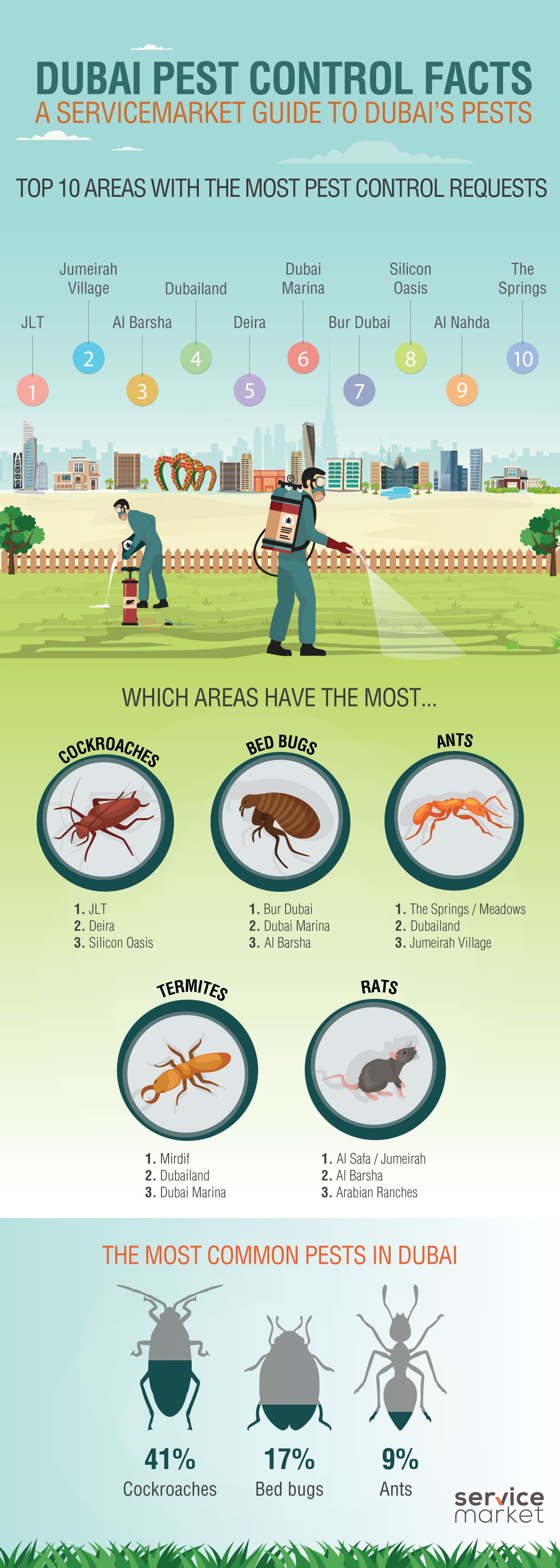Tips For Keeping Outside Bugs Far From Your Garden
Tips For Keeping Outside Bugs Far From Your Garden
Blog Article
Personnel Author-Frandsen Merritt
Picture your garden as a sanctuary, an area of peace and beauty. Nonetheless, the existence of outside parasites can rapidly disrupt this picturesque photo. Suppose there were easy yet efficient means to keep these undesirable site visitors away and protect your garden oasis? By complying with a few functional ideas and implementing all-natural techniques, you can create a harmonious outdoor space where your plants can grow uninterrupted.
Natural Bug Deterrents
To maintain parasites away from your garden naturally, plant fragrant herbs like mint and lavender. These aromatic plants not only include elegance to your garden yet additionally work as reliable parasite deterrents. Pests like mosquitoes, flies, and even some garden-damaging pests are warded off by the solid scents discharged by these natural herbs. Just placing them tactically around your garden can help produce an all-natural barrier versus unwanted insects.
Along with mint and lavender, think about planting various other natural herbs like rosemary, basil, and lemongrass to better enhance your garden's pest-proofing abilities. These herbs not just function as all-natural repellents but likewise have actually the added benefit of working in food preparation or crafting home made treatments.
Strategic Plant Placement
Think about the layout of your garden and the sorts of plants you need to tactically position them for maximum pest-proofing performance.
Beginning by grouping plants with similar resistance to bugs together. By doing this, you can produce an all-natural obstacle that discourages pests from spreading out throughout your garden.
Furthermore, placing pest-repelling plants like marigolds, lavender, or mint near even more susceptible plants can help safeguard them. High plants, such as sunflowers or corn, can act as a guard for much shorter plants versus pests like bunnies or ground-dwelling insects.
Bear in mind to leave enough area between plants to improve air circulation and decrease the danger of illness that pests might bring.
In https://raccoon-removal-from-atti17394.azzablog.com/32132089/sustainable-solutions-for-insect-monitoring-harnessing-nature-s-power-to-discourage-rats , take into consideration planting strong-smelling herbs like rosemary or basil near prone plants to puzzle bugs' senses and make it harder for them to find their targets.
Efficient Parasite Control Techniques
For combating yard bugs properly, implementing a multi-faceted insect control method is important. Start by motivating natural killers like birds, ladybugs, and praying mantises to help maintain bug populations in check. Introducing plants that attract these beneficial insects can help in parasite control. Furthermore, exercising good yard health by removing particles and weeds where pests may conceal can make your garden much less friendly to unwanted visitors.
Take into consideration using physical obstacles such as row cover materials or netting to safeguard prone plants from insects like caterpillars and birds. Using organic chemicals like neem oil or insecticidal soap can likewise work versus particular bugs while being less hazardous to useful pests and the environment. It's important to turn your plants each season to avoid the accumulation of insect populaces that target certain plants.
Routinely inspect your plants for indicators of pest damage so you can do something about it quickly. By incorporating these techniques and remaining alert, you can effectively control yard bugs and delight in a successful, pest-free garden.
seitz brothers pest control , there you have it - with the right approaches, you can keep pesky outside parasites away from your garden and help your plants flourish.
Did you know that planting mint has been shown to push back insects and other pests, reducing the demand for damaging pesticides by approximately 60%?
By integrating natural deterrents and wise planting strategies, you can produce a lovely and pest-resistant garden sanctuary for you to enjoy.
